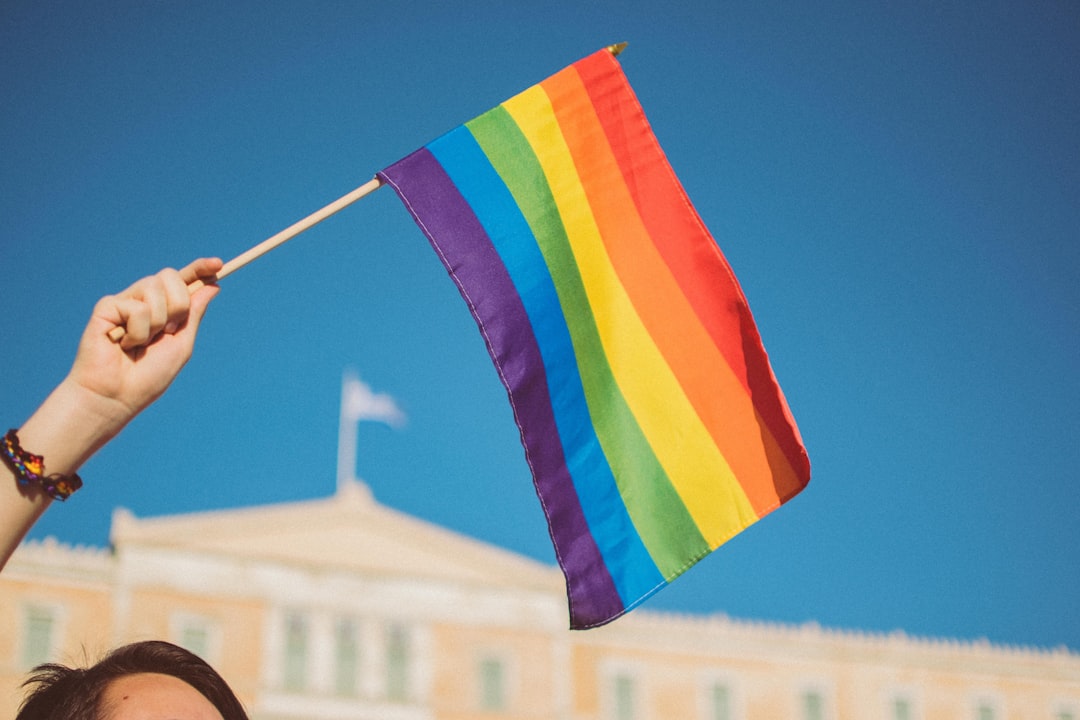In February 2024, Greece achieved a historic milestone of becoming the first Orthodox Christian nation to legalize same-sex marriage and extend equal parental rights to same-sex couples. This groundbreaking development marks a significant shift in one of Europe’s traditionally socially conservative countries.
The bill’s passage required a simple majority and ultimately secured 176 votes in the 300-seat parliament, propelling Greece to becoming the 16th country within the European Union to embrace same-sex marriage.
The promised changes to Greek birth and marriage certificates – a new option to enter two mothers and two fathers on birth certificates, and two women and two men on marriage certificates – are currently being implemented.
However, the journey to passing this legislation was not without its challenges. Given Greece’s strong religious ties to the Orthodox church, the path leading up to the success was riddled with hurdles.
“Until the very last minute, I was unsure if this law change would actually happen” Fotini, a Greek student, told Missing Perspectives, “because one of the last stamens during parliamentary debates leading up to the vote, a highly influential member of the current ruling party voiced his deliberate objection to the bill.”
Greek Prime Minister Kyriakos Mitsotakis faced internal skepticism within his own center-right New Democracy party and from opposition leaders. For instance, Velopoulos of the Greek Solution party vehemently opposed the legislation and pledged to annul it should his party assume power in the future. Additionally, the Greek Orthodox church, known for its historical resistance to same-sex unions, expressed concerns over the perceived threat to traditional family values.
Greece’s recently re-elected Prime Minister responded to these counterviews that this reform will make people’s lives better without taking anything away from the majority.
Citizen attitudes in the country have long been divided regarding homosexuality. In a notable step forward in 2015, the country extended civil partnership rights to same- sex couples yet stopped short of legalizing marriage and ensuring equal parental rights. The recent legislative breakthrough aims to rectify these gaps.
“Of course, this new law grants us more rights than the one of 2015”, Daphne, a member of the LGBTQI+ community in Greece told Missing Perspectives. “But for me, this recent legislative breakthrough is more about recognition and respect than about an extra set of rights.”
While criticism persists about the continued incompleteness of the new bill, including provisions for the right for same-sex couples to seek parenthood through surrogacy and separate reforms needs to further protect the rights of transgender folk – Daphne stresses “it’s a fight that has been won. Striving for equal rights is a lifelong fight, so every win we get must be celebrated.”
Several Greek municipalities have already started celebrating this historical turning point by proudly announcing new marriages of same-sex couples.
*For privacy reasons, names of interviewees have been changed.
